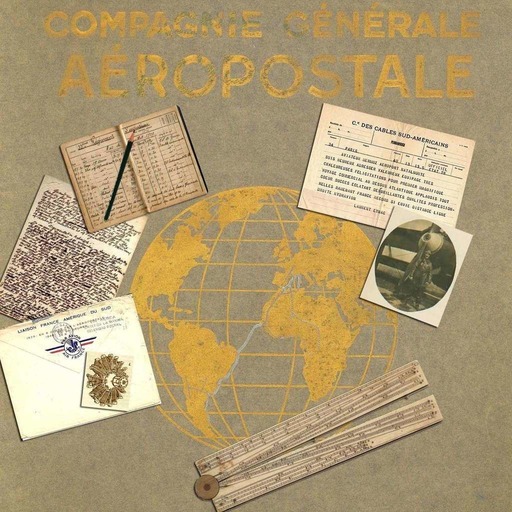Melvyn Bragg and guests discuss our knowledge of the planets in both our and other solar systems. Tucked away in the outer Western Spiral arm of the Milky Way is a middle aged star, with nine, or possibly ten orbiting planets of hugely varying sizes. Roughly ninety-two million miles and third in line from that central star is our own planet Earth, in thrall to our Sun, just one of the several thousand million stars that make up the Galaxy.Ever since Galileo and Copernicus gave us a scientific model of our own solar system, we have assumed that somewhere amongst the myriad stars there must be other orbiting planets, but it took until 1995 to find one. ‘51 Pegasus A’ was discovered in the Pegasus constellation and was far bigger and far closer to its sun than any of our existing theories could have predicted. Since then 121 new planets have been found. And now it is thought there may be more planets in the skies than there are stars.What causes a planet to form? How do you track one down? And how likely is there to be another one out there with properties like the Earth’s?With Paul Murdin, Senior Fellow at the Institute of Astronomy in Cambridge; Hugh Jones, planet hunter and Reader in Astrophysics at Liverpool John Moores University; Carolin Crawford, Royal Society Research Fellow at the Institute of Astronomy in Cambridge.
Publié le par BBC Radio 4
(C) BBC 2026
Les podcasts externes de ce site sont récupérés à partir de liens publics (Feed XML/RSS) qui nous ont été fournis par nos utilisateurs ainsi que des partenaires. Ce podcast m'appartient.


 Emissions
Emissions





